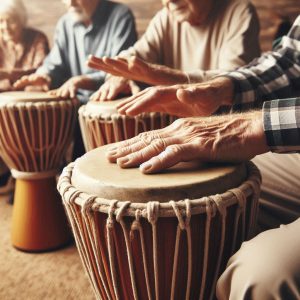The project at a glance
-
Start date:01 Sep 2020
-
Duration in months:15
-
Funding:Luxembourg Government
-
Principal Investigator(s):Isabelle ALBERT
About
The PAN-VAL project focused on the needs of Luxembourgish and non-Luxembourgish residents regarding their participation in the activities offered by the various services. It was funded in the framework of the National Integration Plan (PAN) by the Ministry for Family, Integration and the Greater Region. In a context where people aged 60+ account for almost 20% of the total population with a third being non-Luxembourgers (a rate that is set to rise in the coming years), it is essential to continually reassess the needs and living conditions of this population, which has not only grown significantly, but has also become more diversified in recent decades. The PAN-VAL project aimed to establish and expand a database of needs in the context of the ‘active ageing of senior citizens’, to identify facilitators and obstacles to participation in the various activities on offer in the municipalities, and to assess social networks, social isolation, and sense of belonging (social, cultural and local) of older people with and without migrant biography living in the Grand Duchy. A national survey with N = 1,000 participants (online and telephone survey) was conducted between 3 and 15 December 2020 by Quest in five languages: LU, DE, FR, PT and EN. Further, from 8 December 2020 to 20 February 2021, in-depth interviews were conducted with n = 39 participants from four municipalities (Differdange; Mersch; Ettelbruck; Clervaux). Results showed that offers do not always reach those in need. In particular, language difficulties and a low sense of belonging can be practical or emotional obstacles to participation in organized activities. However, key people (older committed citizens, adult children of senior citizens, etc.) and a welcoming culture can be mediators of inclusion. Key findings and policy recommendations have been summarized in a publicly available brochure (German & French).
Organisation and Partners
- Department of Behavioural and Cognitive Sciences
- Faculty of Humanities, Education and Social Sciences (FHSE)
- GERO – Kompetenzzenter fir den Alter
Project team
-
Isabelle ALBERT
-
Catherine Richard
-
Martine Hoffmann
GERO-Kompetenzzenter fir den Alter
-
Nadia Bemgten & Petra Vandenbosch
GERO-Kompetenzzenter fir den Alter
Keywords
- Cultural diversity
- Active ageing
- Well-being
- Social inclusion
- Social isolation
- Social networks
- Loneliness
- Sense of belonging
- Participation
- Older migrants
